10 Surprising Things You Probably Didn’t Know About Dental Health
No, brushing your teeth harder won’t make them cleaner.
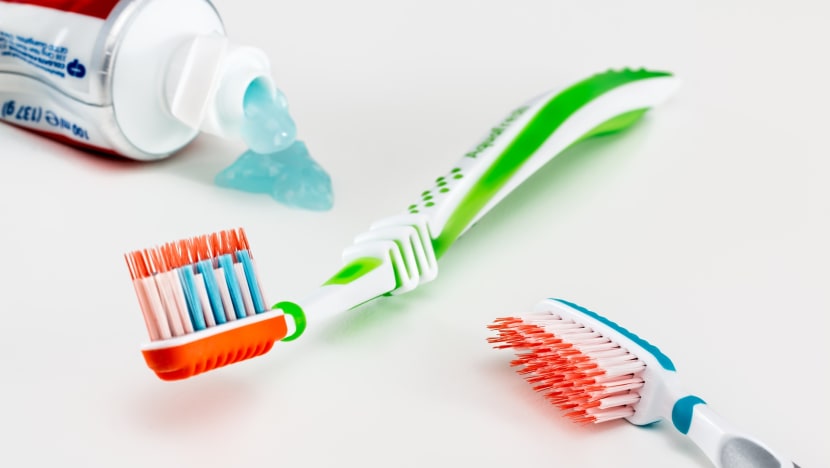
So World Oral Health Day (WOHD) is on March 20, and with health and cleanliness being paramount in view of the coronavirus outbreak, here are a few things you may not know about dental health, and tips on keeping your teeth and gums in tip-top condition.
#1: Brushing your teeth harder won’t make them cleaner.
According to a nation-wide study by health technology company Philips, 60 per cent of Singaporeans feel that brushing their teeth more firmly will remove more plaque. This is not true, guys. Brushing your teeth too hard or with too abrasive a brush may damage teeth and gums and cause sensitivity.
#2: You can get cavities even if you don’t eat sugary stuff.
Yes, taking a lot of processed sugar does increase the risk of tooth decay and cause plaque to form, but even if you don’t consume a lot of candy and cake, you can still get cavities if you don’t brush and floss properly.
Candy isn't the only culprit: Poor hygiene can still lead to cavities, even if you eat healthily.
#3: It isn’t advisable to brush your teeth immediately after eating.
We all have oral hygiene-obsessed colleagues who head to the toilet with their toothbrushes right after lunch hour, but it’s better to wait at least half an hour after a meal before you brush your teeth, especially if you’ve consumed something acidic, as foods that contain citric acid like oranges and lemons can soften tooth enamel temporarily, and if you brush immediately after, there’s a chance you can damage the weakened enamel.
#4: It’s best to brush your teeth in the morning after you wake up — and not after breakfast — and at night before you sleep.
There are reasons for this. Dental plaque forms at night as you sleep, and if you wake up and have breakfast before brushing your teeth, you may be feeding the plaque. Get rid of it first before brekkie. Similarly, ridding your teeth of plaque before you go to bed will ensure that the bacteria and plaque won’t have a party in your mouth while you snooze, as we produce less saliva to clean plaque as we sleep and thus there’s more buildup.
Do you brush your teeth only after breakfast? It might not be the best idea.
#5: Brush your teeth for two minutes.
It’s longer than you think. Get an electronic toothbrush with a timer or hum a two-minute song to help you hit the requisite 120 seconds.
#6: Oral health is connected to your physical appearance.
According to the Philips study, 84 per cent of Singaporeans feel that the whiter your teeth are, the more attractive you appear. 43 per cent feel that good oral care makes them feel more presentable and confident. You mean 57 per cent of us feel attractive even if we don’t look after our teeth? Yikes.
Do white teeth and good dental health make you more attractive? Probably.
#7: Our top oral health concern is bad breath.
The study also showed that these were our oral health concerns in descending order — bad breath, cavities, sensitive gums, plaque buildup, stained teeth, tartar buildup, sensitive teeth and bleeding gums.
#8: Kiddos need to see a dentist and take care of their oral health when their first teeth appear.
Yup, milk teeth are important too. In worst case scenarios, advanced cavities in very young children can lead to infections and affect their future permanent teeth. If milk teeth have to be removed before they fall off naturally, they can affect the placement and proper growth of permanent teeth. In less serious cases, milk teeth cavities can cause pain, discomfort and affect eating and development. And isn’t it a good idea to inculcate dental hygiene early in kids?
#9: Oral health is connected to the rest of the body and your overall health.
Who says bad teeth won’t affect the rest of your body? If there’s severe tooth decay and periodontal disease, bacteria can enter the bloodstream and lead to other health issues. There may also be links with heart disease, diabetes and other diseases.
#10: You can become a more proactive and mindful brusher of your teeth.
Mindful toothbrushing? That’s new. We always thought those two minutes in the morning and night are when you let your mind wander, or when you do other things, like check your Instagram. But Philips’ new Sonicare DiamondClean Smart electric toothbrush has an app where you can track how well you are brushing each day, set goals, focus on trouble spots, and share your results with your dentist. It also offers data-driven insights that inform you of areas that require extra attention and coaches you to become a better, more mindful brusher. Wow. Can it help us with our job KPIs and performance reviews too?
Helping you to brush better and more mindfully: The Philips Sonicare DiamondClean Smart electric toothbrush, $399, removes up to 10 times more plaque compared to a manual toothbrush, delivers up to 7 times healthier gums in two weeks and removes up to 100 per cent more stains in three days, and has Smart sensor technology to improve brushing coverage, as well as different modes and intensities and an app to give you info about your brush and help you become a more mindful brusher. Fwah!





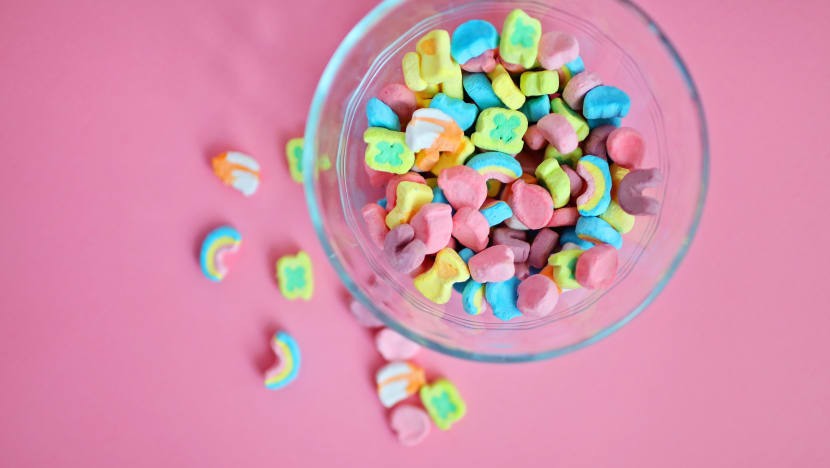
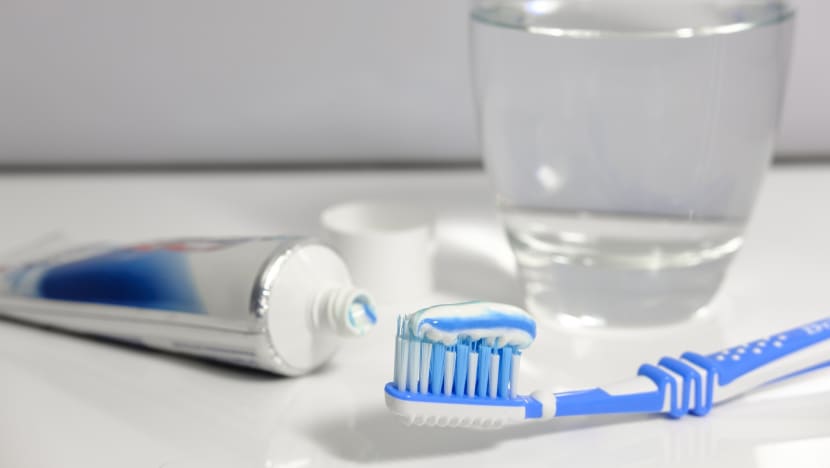
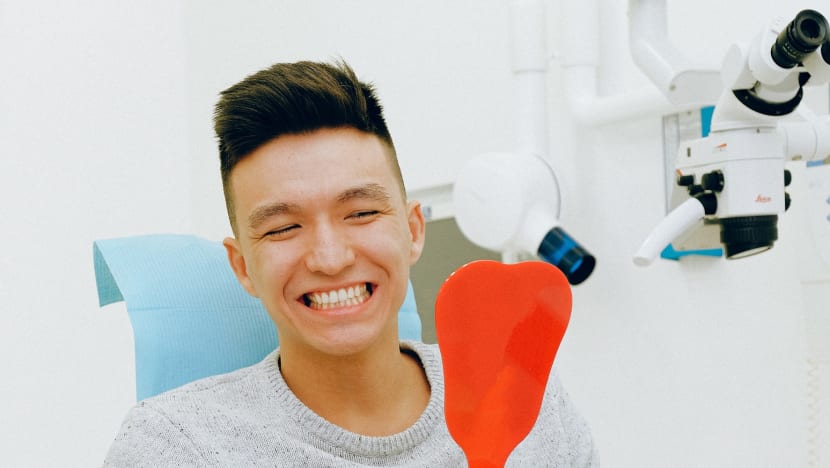
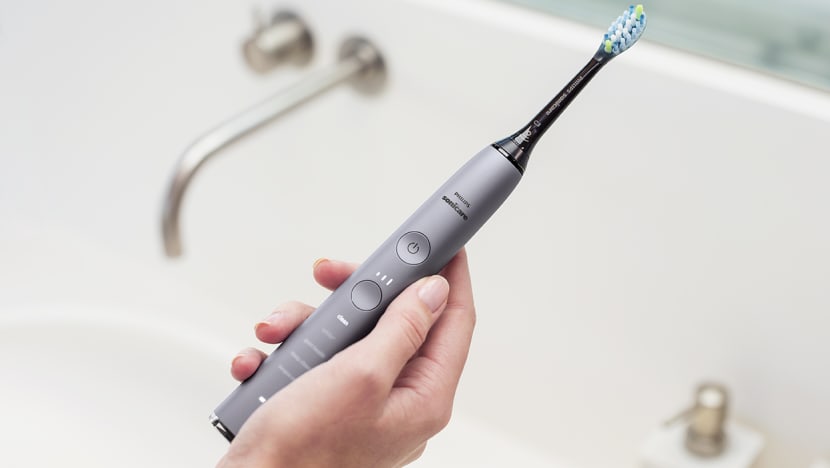






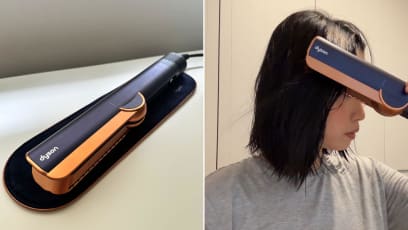






![Boss of Rui Ji chicken rice used to own a tattoo parlour! Talk about a career change! Link in bio to read more
📍Rui Ji Chicken Rice
Blk 93 Toa Payoh Lor 4,
#01-48, S310093
📍148 Beach Road,
#B1-01 The Gateway,
S189720
📍Blk 305 Ubi Ave 1,
#01-179, S440305
[till 16 Apr 2024]
https://tinyurl.com/5dudypkh](https://onecms-res.cloudinary.com/image/upload/s--9s0hbGvI--/c_fit,h_396,w_223/f_auto,q_auto/v1/8days-migration/18015522113203478.jpg?itok=EX3xKSNq)







